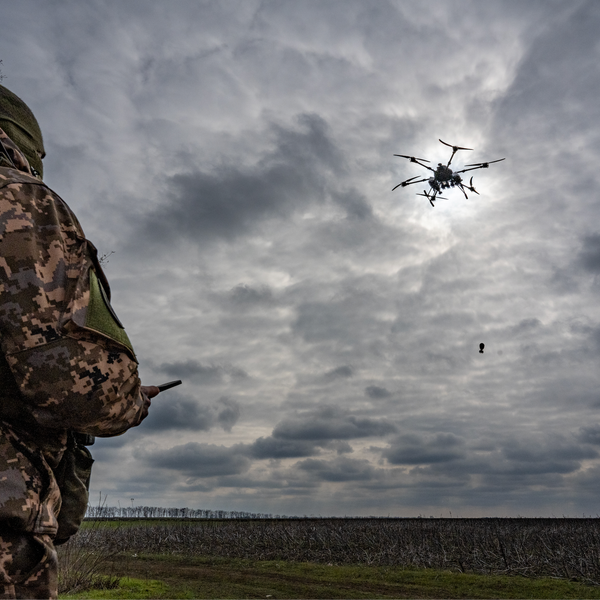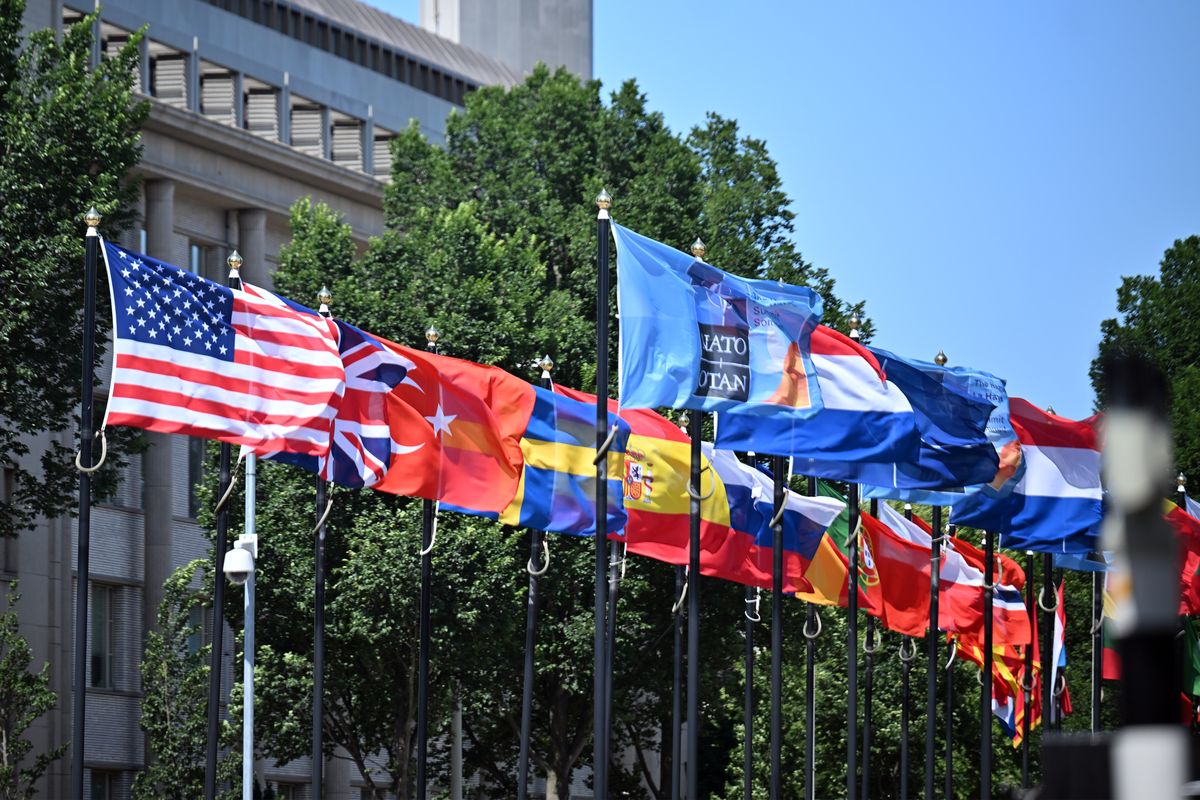As a close counterterrorism partner of Spain, the United States will be active in the ongoing investigation into the terrorist attack in Barcelona and any connected incidents.
At least 13 people were killed and around 100 people injured in the deadly van attack in Las Ramblas district on Thursday. In a later incident, authorities said that during a firefight between police and terrorists wearing fake explosives in Cambrils, a town south of Barcelona, five suspects were killed and several bystanders and a police officer were injured. And on Wednesday, one person died in an explosion in the town of Alcanar. Spanish police say they believe the incidents are linked.
In the U.S., law enforcement and intelligence agencies will be examining their intelligence traffic and reporting to determine what information to share with Spanish authorities as investigations continue. The Cipher Brief’s Mackenzie Weinger spoke with Lisa Monaco, former Assistant to the President for Homeland Security and Counterterrorism, to get her assessment of the Barcelona attack, the level of collaboration between the U.S. and Spain, and what to watch for in the coming days.
The Cipher Brief: According to police, investigators are working on the presumption that three incidents — the attack on Las Ramblas, an incident early Friday in a town south of Barcelona where five suspects were killed, and an explosion that happened Wednesday and killed one person — are all connected. What would a possibly linked set of attacks like this suggest, and what will authorities investigate to understand the threat and who is responsible?
Lisa Monaco: Unfortunately, this bears all the hallmarks of the type of ISIS - if not directed, inspired - attacks that we’ve seen before. If what we’re seeing now bears out in terms of multiple locations, multiple sets of attackers, it looks like the type of complex attack like we saw in Paris and Brussels. And that obviously looks a lot more like an attack that was directed from ISIS, as opposed to an inspired, self-radicalized attack.
Investigators are going to be looking at potential links amongst the different people that they’ve arrested. They’re going to be tracing the information coming from the vans that they found and working, importantly, with their counterparts here and elsewhere in Europe. This is one of the reasons why it’s so important that we build and maintain those relationships with our intel services and law enforcement counterparts in Europe. It’s something that we in the Obama administration, after the Paris attacks, really tried to continue enhancing. Jim Clapper [the former Director of National Intelligence] led a series of discussions with his European counterparts to try and give them the benefit of the type of lessons that we’ve learned over the last decade and a half since 9/11 about breaking down the walls between our intelligence and law enforcement services.
TCB: What’s the level of collaboration between Spain and the U.S.? How would you imagine the U.S. would interface with Spain in the coming days to investigate this situation?
Monaco: They obviously are a close partner, they’re a NATO ally, of course, and our intelligence and law enforcement sharing relationships are of long standing.
Our intel and law enforcement leaders and their teams here are going to be going back through all of the intelligence traffic and reporting that they have in the recent past to see if there’s anything that we have that we should be sharing with our counterparts in Spain.
And, they’re going to be looking at what are the ISIS-related media accounts putting out. We’ve seen claims of responsibility from Amaq and the other ISIS-affiliated media arms but I think we’re going to need to see more before we make a determination whether or not this was directed by ISIS leadership.
TCB: You mentioned earlier the U.S. trying to impart lessons about opening up intelligence sharing within agencies. It’s been a repeated criticism that EU members don’t adequately share intelligence information. Can you assess if that’s changed at all, particularly in light of recent attacks?
Monaco: There’s two aspects: both the sharing between the Europeans and the United States, and the intra-European sharing, which is so critical but in which we’ve seen some gaps, like in the Paris and Brussels attacks.
After Paris, there was a real sense that we needed to come together and impart lessons learned from our experience. I think there has been progress. As part of the follow-on work after the Brussels attack, there was a joint investigation opened with the FBI and the services in Brussels. That was the first time that happened. So, we’re seeing steps like that being taken, but there’s a lot more work to do - particularly on the intra-European sharing.
TCB: What is the threat landscape like in Spain with regards to terrorism? What do the Spanish counterterrorism forces focus on?
Monaco: They are no stranger, obviously, to terror attacks – going back to 2004 and the attacks on the commuter train in Madrid. The 2008 plot that was disrupted in Barcelona was a wake-up call regarding radicalized individuals in their midst and the fact that it was a very busy pass-through and transit point for individuals going to the fight.
We also saw in the 2004 Madrid bombing that [the perpetrators were] a combination of North African Islamists and frankly, petty criminals. You see a lot of this intersection between criminal elements and terrorist attacks in Spain.
TCB: What will you be looking for in the coming days on this story?
Monaco: If this bears out as being an ISIS-directed attack or an ISIS-inspired attack it would be the first one to occur in Spain. That is obviously notable.
I think we’ll be looking at what we understand about the individuals who have been arrested and taken into custody over the last ten or so hours. What is their travel history? One of the originals was of Moroccan descent and we know that Morocco has seen a large number of foreign fighters travel to Iraq and Syria. So, they’ll be looking at travel history of the individuals arrested, their connections amongst each other and connections with others who have traveled to Iraq and Syria.
Mackenzie Weinger is a national security reporter at The Cipher Brief. Follow her on Twitter @mweinger.















